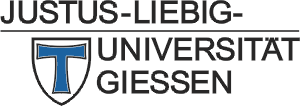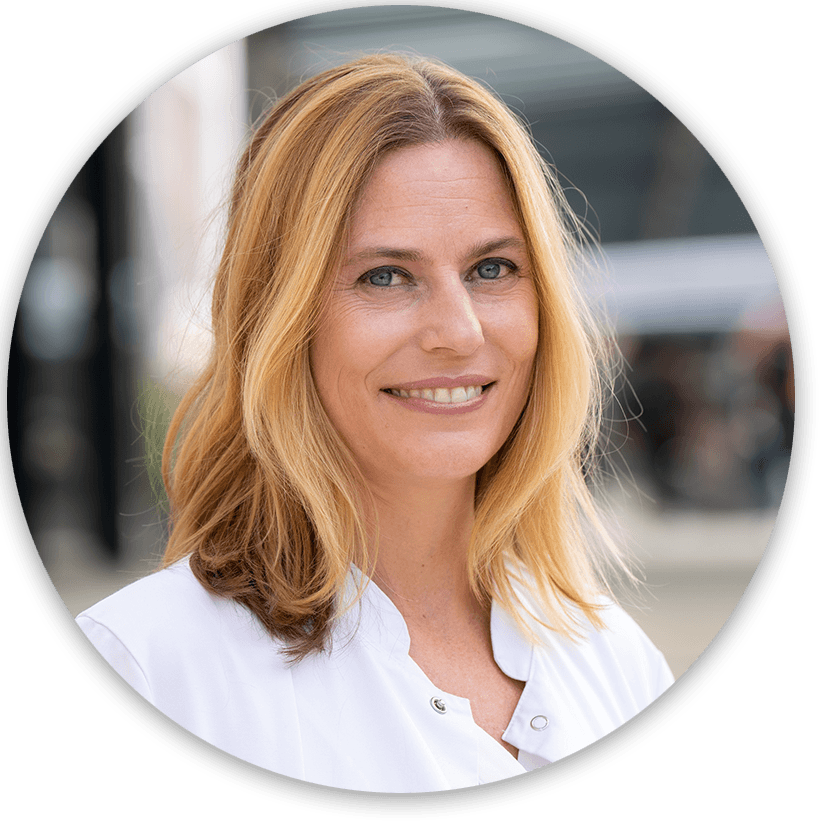Herold Lab
Focus of Research
The research at Herold Lab is dedicated to unraveling the mechanisms driving anti-viral host defense, to dissecting the cellular and molecular contributors to the tissue damage at the virus-host interface in the distal lung, and to defining pathways and mediators of organ regeneration in the context of viral infection. We focus on the interaction of macrophages with parenchymal cells of the distal lung and the epithelial stem cell niche.
Moreover, we study mechanisms that lead to increased susceptibility to bacterial infections during viral pneumonia or acid aspiration with a focus on alveolar macrophages. These aims will be achieved by using established models of in vivo virus infection, acid aspiration and bacterial superinfection of different levels of complexity (in vitro – ex vivo – in vivo) combined with analyses of patient samples.
We utilize tools such as FACS and cell sorting (LSR Fortezza, FACSAriaIII), NGS including single cell RNA-Seq, organoid modeling, and high-resolution microscopy/life imaging techniques. The ultimate goal is to find novel disease biomarkers defining susceptibility to and recovery from ALI, and to identify distinct host targets to be harnessed for novel therapeutic strategies to combat severe respiratory viral infection, and bacterial superinfections due to viral or non-infectious insults in the lung.
Lab Members
Featured Publications
See all publications on PubMed:
Funding & Cooperation Partners
Herold Lab is always open for collaborations with partners from academia, industry, and the public sector. We are interested in translating our research findings into practice and jointly developing innovative solutions. Funding is a crucial part of our work, enabling us to conduct our research at the highest level. Therefore, we appreciate any contribution that supports us in achieving our goals. Please feel free to contact us for more information.

































